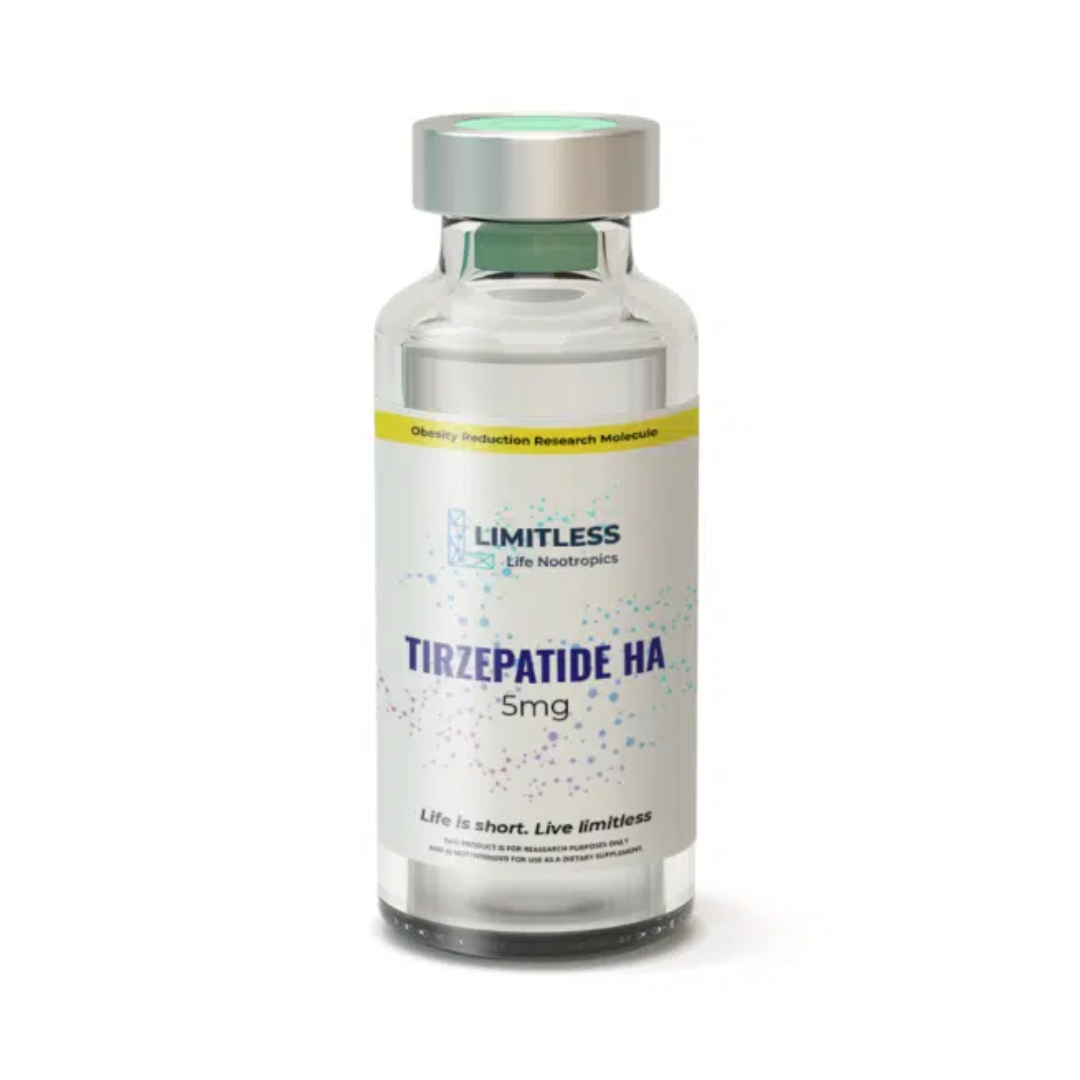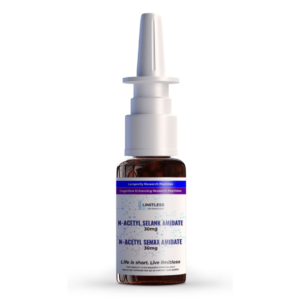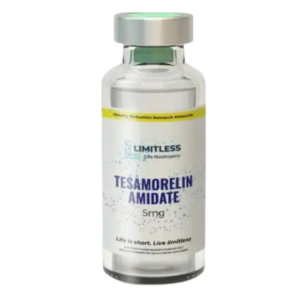Description
Tirzepatide represents a significant advancement in the treatment of obesity and overweight, distinctively acting as an agonist for both GIP (glucose-dependent insulinotropic polypeptide) and GLP-1 (glucagon-like peptide-1) receptors. Derived from the native GIP sequence, Tirzepatide’s dual-action mechanism is engineered to harness the combined benefits of GIP and GLP-1 receptor activation, a synergy proven more effective than GLP-1 receptor monoagonism in preclinical studies. The SURMOUNT-1 trial, conducted from December 2019 to April 2022, has offered compelling evidence of Tirzepatide’s efficacy and safety in a large cohort of adults with obesity or overweight, without diabetes.
Study Population and Design The trial enrolled 2539 participants, with a high completion rate across Tirzepatide groups, demonstrating strong adherence to the treatment regimen. Participants, predominantly female and White, presented with a significant history of obesity, averaging 14.4 years, and many had prediabetes or weight-related complications at baseline.
Efficacy Results Tirzepatide’s efficacy was evaluated through its impact on body weight, showing dose-dependent reductions: 15.0% for 5 mg, 19.5% for 10 mg, and 20.9% for 15 mg doses, significantly outperforming the placebo’s 3.1% reduction. Notably, the majority of participants in Tirzepatide groups achieved substantial weight loss thresholds of 5%, 10%, 15%, and even 25%, highlighting its superior effectiveness over current FDA-approved antiobesity medications and showcasing potential competitive advantages against bariatric surgery outcomes in certain metrics.
Cardiometabolic and Physical Function Improvements Beyond weight loss, Tirzepatide treatment led to notable improvements in cardiometabolic risk factors, including reductions in waist circumference, blood pressure, fasting insulin levels, and lipid profiles. Remarkably, nearly all participants with prediabetes reverted to normoglycemia by the trial’s end. Physical function, as measured by the SF-36 score, also significantly improved, underscoring the broad impact of Tirzepatide on health and well-being.
Body Composition Changes Tirzepatide induced a substantial reduction in total body fat mass, achieving a more favorable body composition with a decreased ratio of total fat mass to lean mass, akin to outcomes seen in lifestyle and surgical obesity treatments.
Safety Profile The safety profile of Tirzepatide was consistent with that of other incretin-based therapies, characterized by transient, mostly mild-to-moderate gastrointestinal side effects. Serious adverse events were comparably reported across Tirzepatide and placebo groups, with no significant increase in severe complications like pancreatitis or medullary thyroid cancer.
Conclusion Tirzepatide has demonstrated unparalleled efficacy in weight reduction and improvement of cardiometabolic health markers in the SURMOUNT-1 trial. Its dual-action mechanism targets core pathways in energy homeostasis, offering a novel and potentially transformative approach to obesity management. The observed benefits in weight loss, cardiometabolic risk factors, and physical function, combined with a manageable safety profile, position Tirzepatide as a significant addition to the therapeutic arsenal against obesity and its related complications. Further studies are anticipated to explore its long-term impacts on cardiovascular and metabolic outcomes, potentially reshaping treatment paradigms in obesity management.





